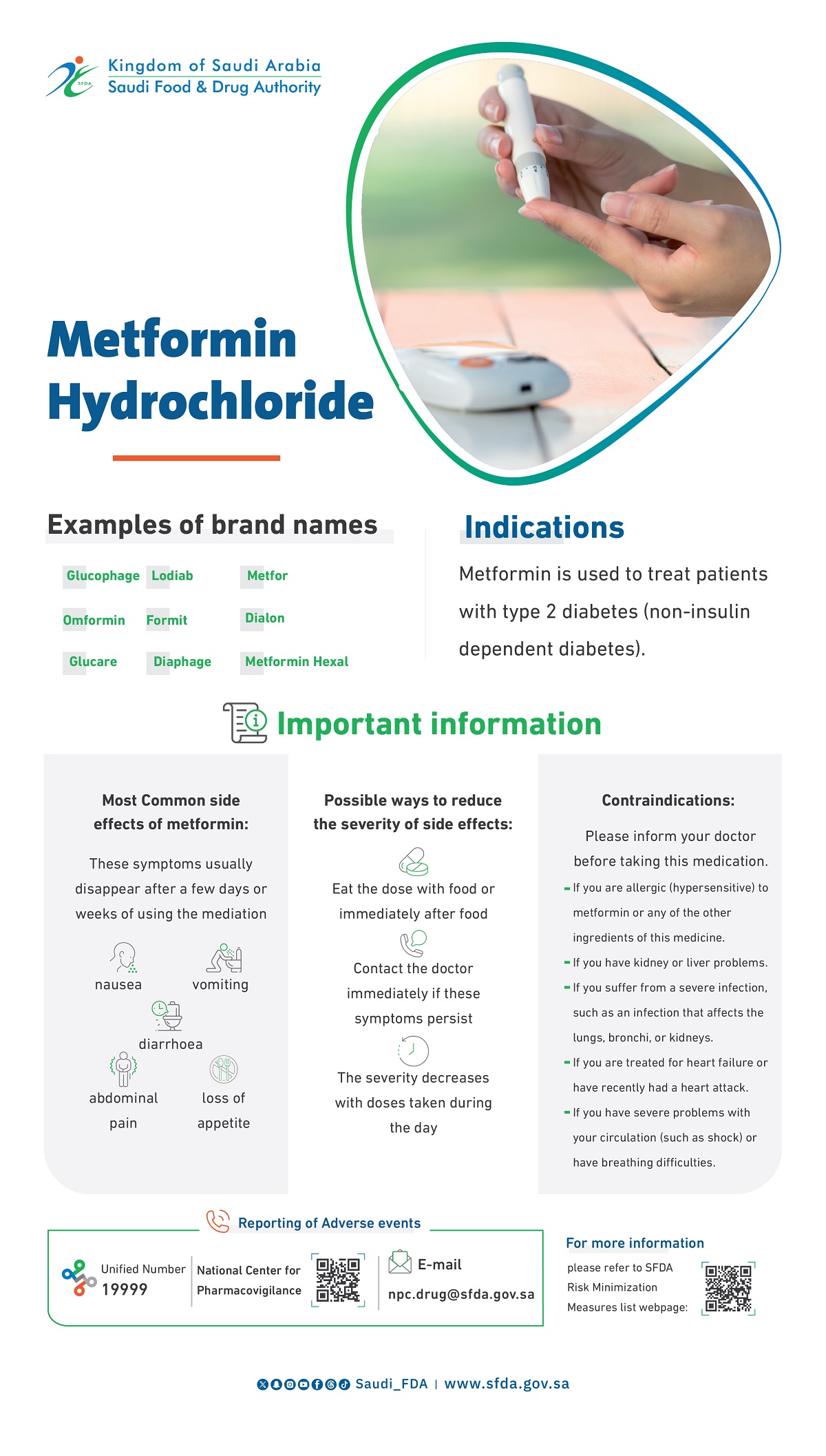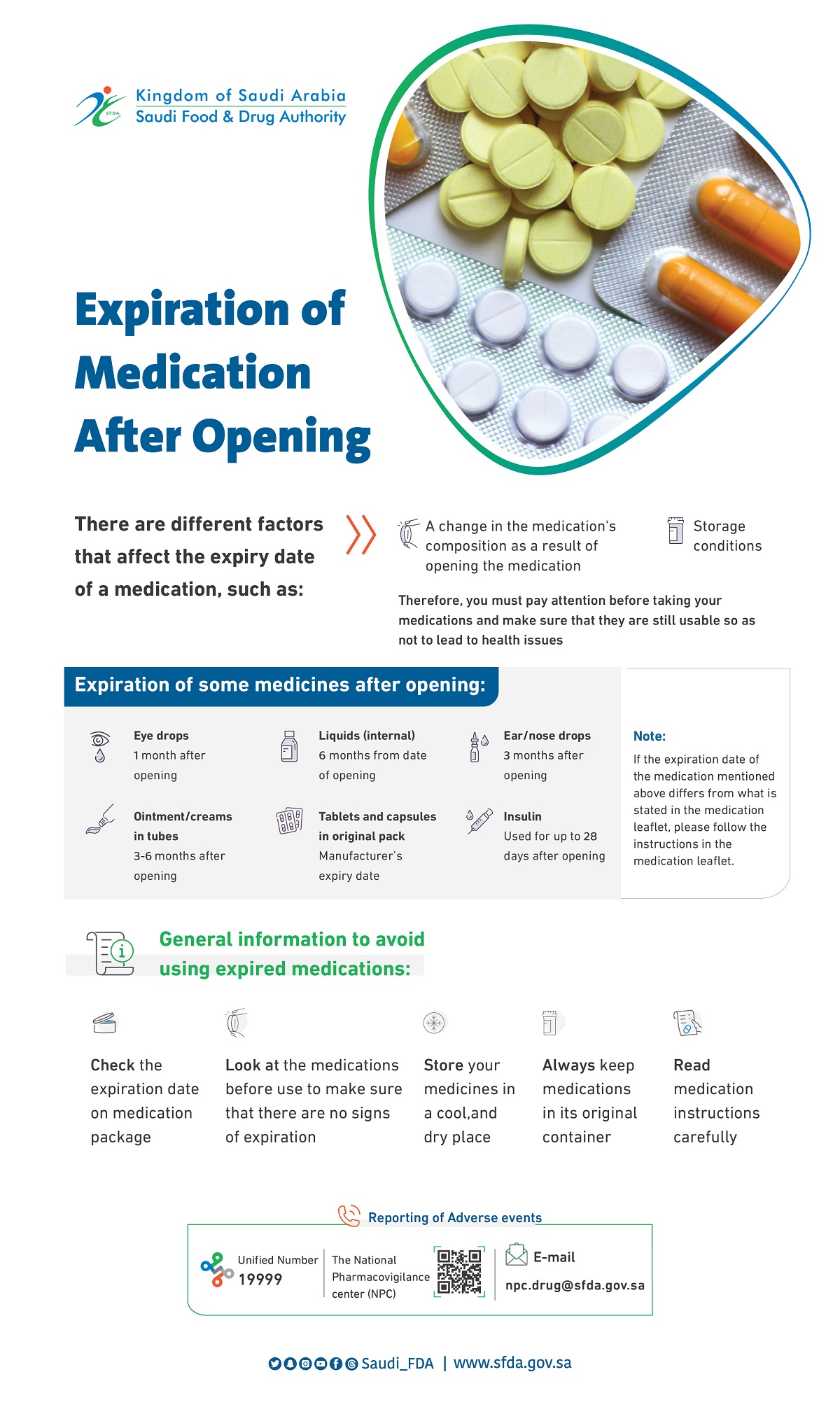

-
About SFDA
About SFDA
SFDA in vision 2030
Authority Strategy
Career and Life
- Information Lists
-
Areas
- Consumer Corner
- Media Centre
- Eservices
Nortriptyline plus nicotine replacement versus placebo plus nicotine replacement for smoking cessation
Nortriptyline plus nicotine replacement versus placebo plus nicotine replacement for smoking cessation
Nortriptyline plus nicotine replacement versus placebo plus nicotine replacement for smoking cessation
2008-05-21
Objective To test the efficacy of nortriptyline plus nicotine replacement therapy compared with placebo plus nicotine replacement therapy for smoking cessation.
Participants 901 people trying to stop smoking.
Interventions Participants chose their nicotine replacement product, including combinations of nicotine replacement therapy, and received behavioural support. Nortriptyline was started one to two weeks before quit day, with the dose increased from 25 mg to 75 mg daily for eight weeks and reduced if not tolerated.
Main outcome measures Primary outcome was prolonged confirmed abstinence at six months. Secondary outcomes were prolonged abstinence at 12 months, drug use, severity of side effects, nicotine withdrawal symptoms, and urges to smoke.
Results 72 of 445 (16%) people using nortriptyline and 55 of 456 (12%) using placebo achieved prolonged abstinence at six months (relative risk 1.34, 95% confidence interval 0.97 to 1.86). At 12 months the corresponding values were 49 (11%) for nortriptyline and 40 (9%) for placebo (1.26, 0.84 to 1.87). 337 (79%) people in the nortriptyline arm and 325 (75%) in the placebo arm were taking combination treatment on quit day, median 75 mg per day in both groups. More people in the nortriptyline arm than in the placebo arm took lower doses. The nortriptyline arm had noticeably higher severity ratings for dry mouth and constipation than the placebo arm, with slightly higher ratings for sweating and feeling shaky. Both groups had similar urges to smoke, but nortriptyline reduced depression and anxiety. Overall, withdrawal symptom scores did not differ.
Conclusions Nortriptyline and nicotine replacement therapy are both effective for smoking cessation but the effect of the combination is less than either alone and evidence is lacking that combination treatment is more effective than either alone.
Source: BMJ, doi:10.1136/bmj.39545.852616.BE




